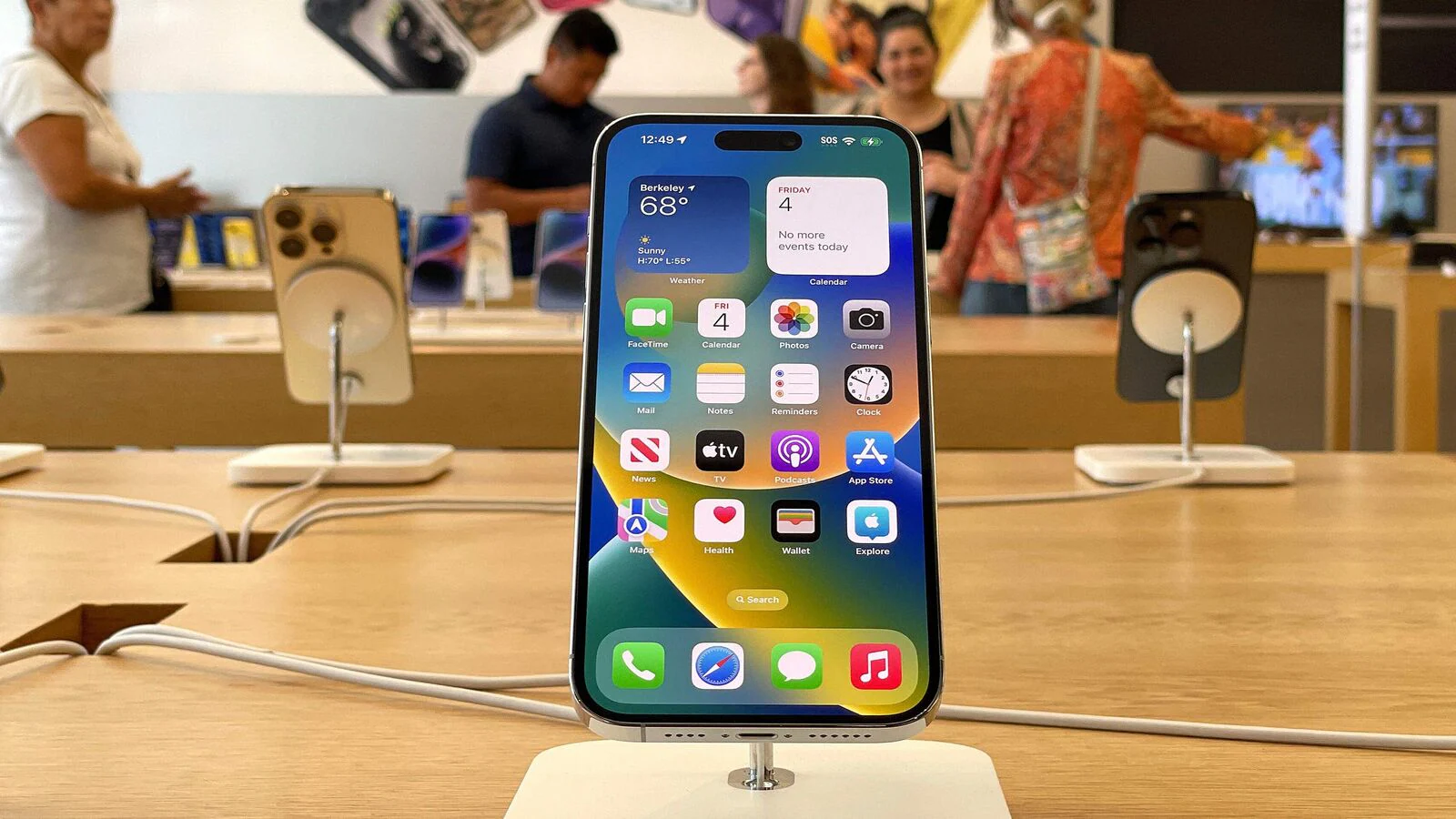In a surprising turn of events that underscores the growing tension between technology innovation and regulatory frameworks, Apple has made a pivotal decision regarding its latest smartphone lineup, the iPhone 16 series. This decision comes amidst the backdrop of the European Union’s rigorous Digital Markets Act (DMA), prompting Apple to exclude its much-touted generative AI software, Apple Intelligence, from its offerings in Europe. The move, revealed at Apple’s recent showcase in Cupertino, California, highlights a cautious approach from the tech giant as it navigates the complexities of new regulations. This cautious stance seems to be in direct response to the EU labelling Apple as a gatekeeper, necessitating a more open ecosystem for software services.

The Impact of Excluding Apple Intelligence
European consumers, who have consistently contributed to a robust market for Apple, purchasing over 56 million iPhones annually over the past three years, now find themselves at a disadvantage. The absence of Apple Intelligence from the iPhone 16 Pro in Europe not only affects the user experience but also positions Apple unfavourably against competitors like Google’s Gemini AI and Samsung’s Galaxy AI, which continue to enhance their AI offerings in the region.
The decision to withhold Apple Intelligence—key to modernizing user interactions and enhancing functionalities like Siri—means that new iPhone 16 Pro owners in Europe will miss out on advanced features such as AI-generated emojis, sophisticated image editing tools, and innovative language processing capabilities. This gap is particularly glaring as Apple plans to fully integrate these features across its ecosystem by March 2025, enhancing the user experience significantly in other markets.

Market Reactions and Future Implications
The market response to Apple’s strategic decision has been lukewarm at best, with pre-orders for the iPhone 16 series witnessing a notable dip. According to industry analyst Ming-Chi Kuo, pre-orders in the vicinity of 37 million units represent a 12.5 per cent decrease compared to the previous year, attributing this decline to the unavailability of Apple Intelligence at launch.
This scenario presents a rare stumble for Apple, a company known for its meticulous planning and market strategy. The potential long-term impacts of this decision could be substantial, affecting not only consumer satisfaction and market share but also Apple’s brand reputation as an innovator in the tech space.

Navigating Regulatory Waters
The core of the issue lies in Apple’s need for clarity regarding the DMA’s requirements and how they apply to Apple Intelligence. The company has expressed concerns over the regulatory uncertainties and their implications for rolling out its AI services in Europe. This has led to a strategic withdrawal, avoiding potential conflicts with EU regulations but also raising questions about Apple’s ability to adapt to an evolving regulatory environment.
As competitors continue to advance their AI capabilities and collect vast amounts of anonymized user data for product improvement, Apple’s cautious approach might hinder its competitive edge in the AI-driven landscape of smartphone technology.

The situation unfolds as a complex interplay of innovation, privacy concerns, and regulatory frameworks, leaving industry watchers and consumers eagerly awaiting Apple’s next move in this high-stakes tech drama. Apple’s commitment to privacy and user choice, historically a cornerstone of its brand identity, will now be tested as it decides whether to open up its ecosystem or continue shielding its proprietary technologies from broader integration.










